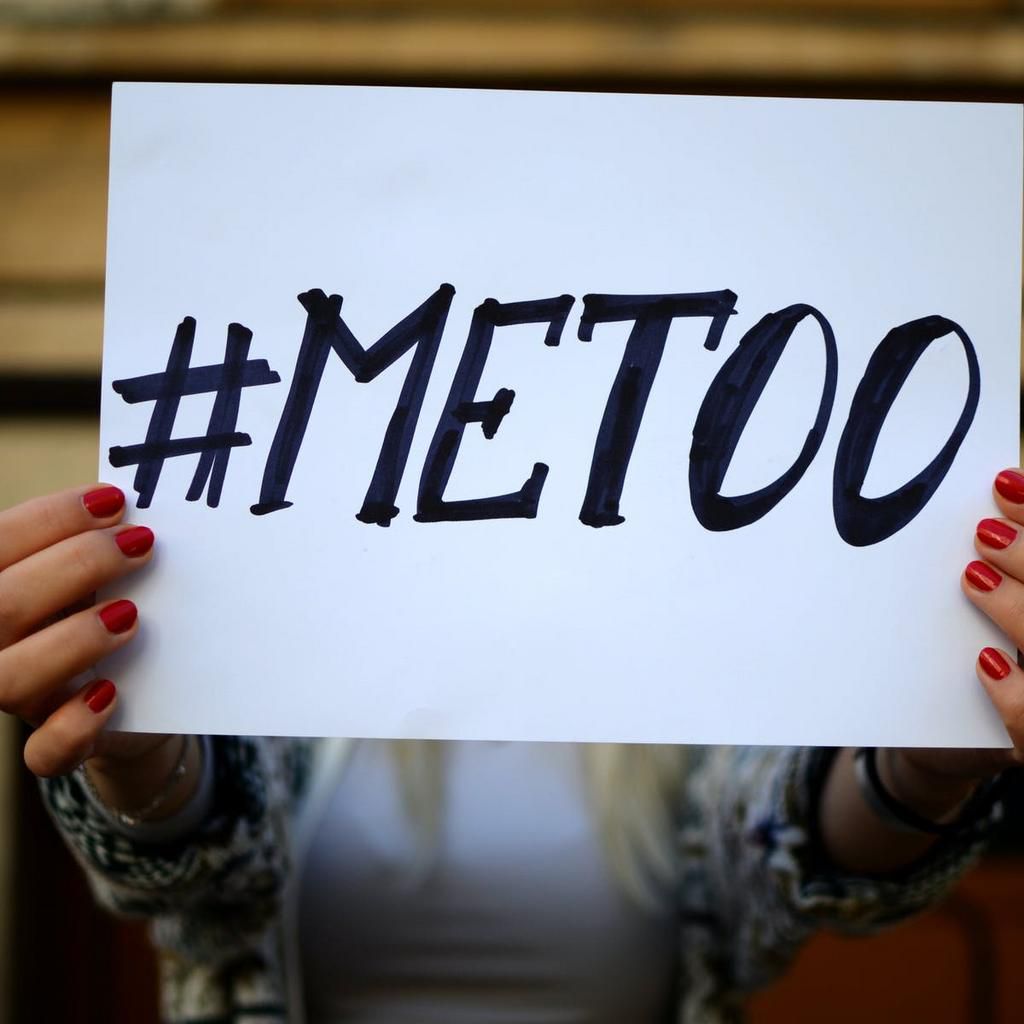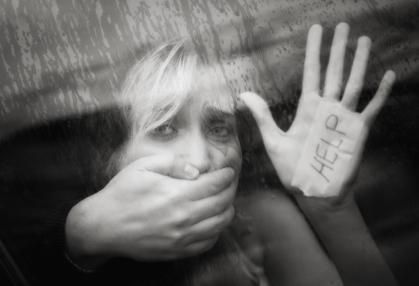Explainer: Sexual consent and what the law says in Ghana
)
Issues relating to sexual consent, sexual assault and rape have become rampant in recent years, but what does the law say?
Two main issues have taken center stage across the world in recent weeks. The first is the mass protests against police brutality and racial injustice.
The second, which is equally a very sensitive matter, borders on the rape culture in society and its accompanying arguments, including the often less-highlighted matter of consent.
In our latest campaign, Pulse.com.gh is tackling issues of rape, which have destroyed the lives of many girls and women.
The #PulseAgainstRape mini campaign aims to demystify the arguments surrounding sexual consent and, more importantly, what the laws of the land say.
What is sexual consent?

Consent simply means giving permission for something to happen or agreeing to do something. While this is a very simplistic definition, that of sexual consent is not as straightforward.
In an ideal world, sexual consent should be easy for everyone to understand, but the rising number of rape cases point to the fact that many still do not understand what consent entails.
Sexual consent can, therefore, best be defined as an agreement to participate in a sexual activity. (A sexual activity here could be kissing, caressing or even penetration).
So, kissing, touching inappropriately and caressing someone without the person’s consent constitutes sexual assault or sexual harassment.
Consent borders on taking a decision based on respect, free will and without pressure, manipulation, or under the influence of alcohol or any drug.
Everyone has a choice to do or not to do something. And one must be able to make these choices freely and without any external pressure. In other words, sexual consent must be freely given.
Therefore, a lady who is drunk, under the influence of a drug or is mentally unstable will not be in a position to make free choices. Any sexual encounter with such a persons could be sexual assault or rape.
Difference between sexual assault and rape

“Sexual assault” and “rape” are often interchangeable. While both terms point towards forms of sexual violence, the legal definition sometimes differs.
Both terms refer to sexual contact without consent. But “sexual assault” is a more general term for any kind of non-consensual sexual contact, while “rape” refers to any sexual contact that includes penetration.
Therefore, “sexual assault” includes oral sex, genital touching and groping. “Rape” on the other hand strictly deals with vaginal or anal penetration.
What the law says about consent and sexual assault/rape in Ghana

Ghana’s Criminal Offences Act, 1960 (Act 29) outlines the age of sexual consent at 16 years old. This is, therefore, the minimum age at which an individual is considered legally old enough to consent to participation in any sexual activity.
This means that even if an individual aged 15 and below consents to a sexual activity, such activity may result in prosecution for statutory rape. This is because persons under age 16 are not legally able to consent to sexual activity.
Another very important point to note is that consent can be void even after an individual has given permission for sexual contact. They are not regarded legally old enough to.
A person can consent to sexual contact, but if he or she changes her mind midway through the action, then it has to stop. Should the other partner continue with the sexual activity, it qualifies as sexual assault or rape.
The provisions of the Criminal Offences Act, 1960 (Act 29) list the following as voided consent:
(a) a consent is void if the person giving the consent is under twelve years of age, or in the case of an act involving a sexual offence, sixteen years, or is, by reason of insanity or of immaturity, or of any other permanent or temporary incapability whether from intoxication or any other cause, unable to understand the nature or consequences of the act to which the consent is given;
(b) a consent is void if it is obtained by means of deceit or of duress;
(c) a consent is void if it is obtained by or under the exercise of an official, a parental, or any other authority; and the authority which is exercised other-wise than in good faith for the purposes for which it is allowed by law, is for the purposes of this section, a power unduly exercised;
(d) a consent given on behalf of a person by the parent, guardian of that person, or any other person authorized by law to give or refuse consent on behalf of that person, is void if it is not given in good faith for the benefit of the person on whose behalf it is given;
(e) a consent does not have effect if it is given by reason of a fundamental mistake of fact;
(f) a consent is, for the purposes of this section, obtained by means of deceit or duress, or of the undue exercise of authority, or to have been given by reason of a mistake of fact, if it would have been refused but for the deceit, duress, exercise of authority, or mistake;
(g) the exercise of authority, for the purposes of this section, is not limited to the exercise of authority by way of command, but includes influence or advice purporting to be used or given by virtue of an authority;
(h) a person shall not be prejudiced by the invalidity of a consent if that person did not know, and could not by the exercise of reasonable diligence have known, of the invalidity.
)
)
)
)
)
)
)
)
)
)
)
,fit(112:112))
,fit(112:112))
,fit(112:112))
,fit(112:112))
)